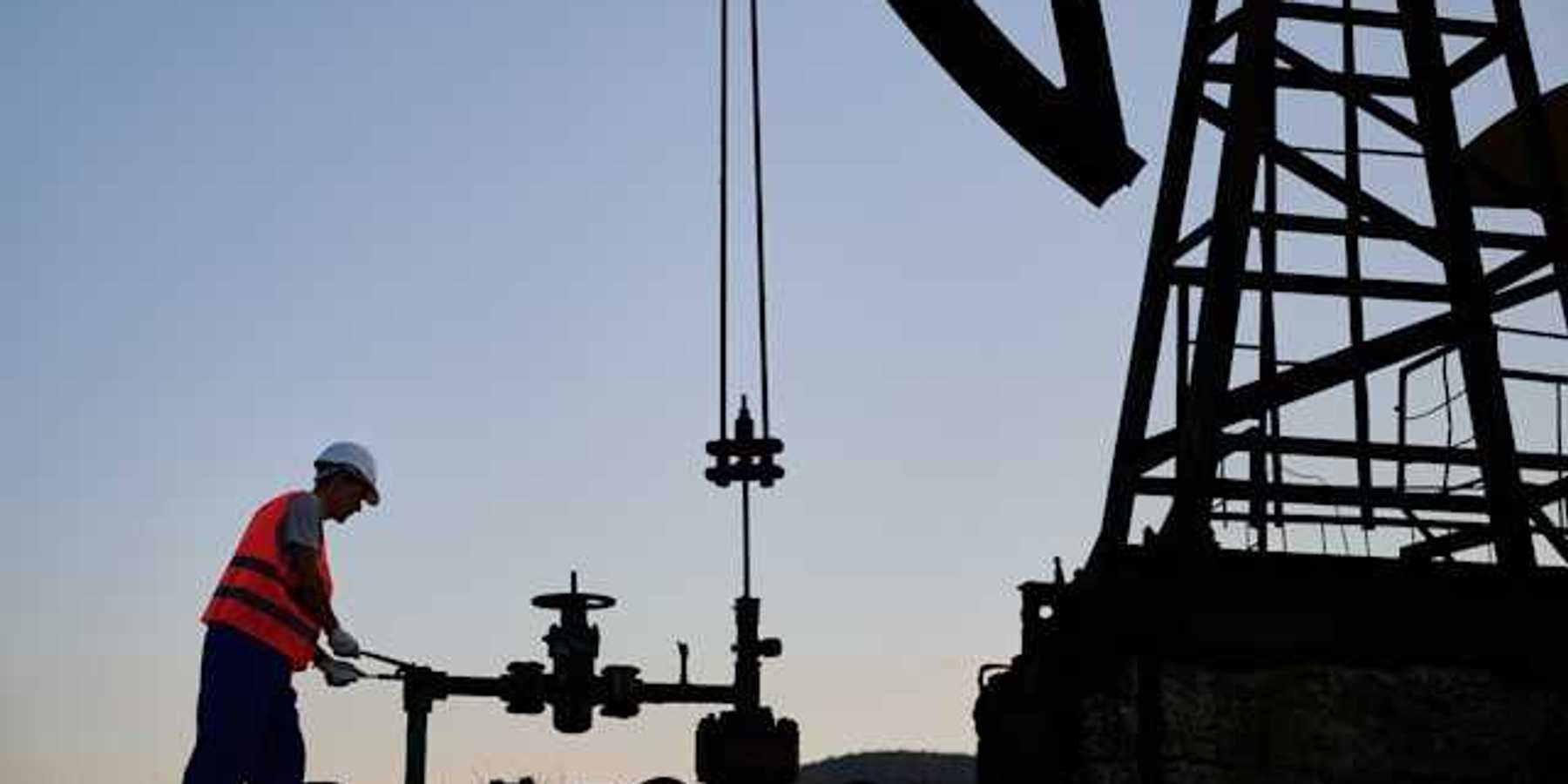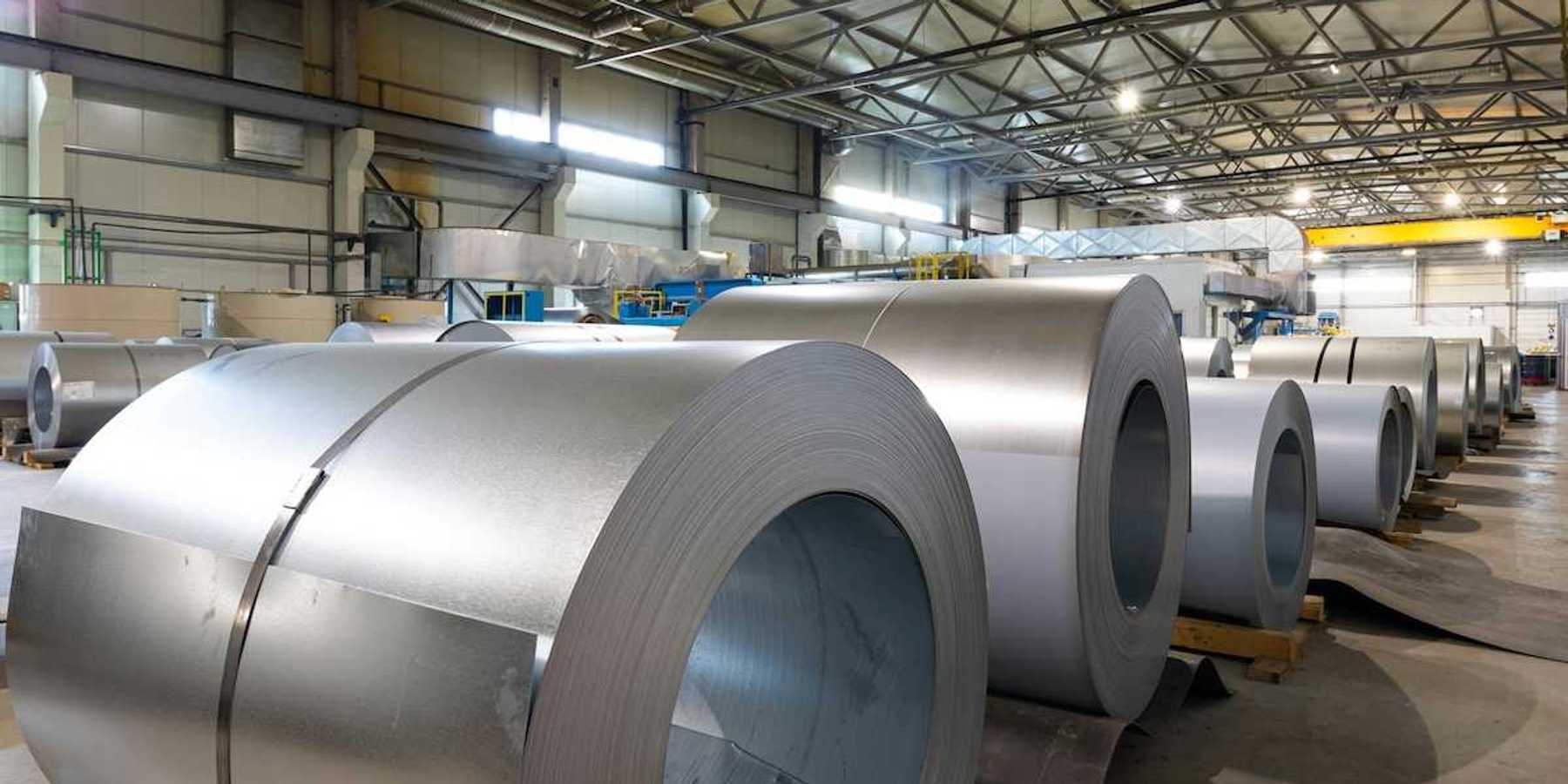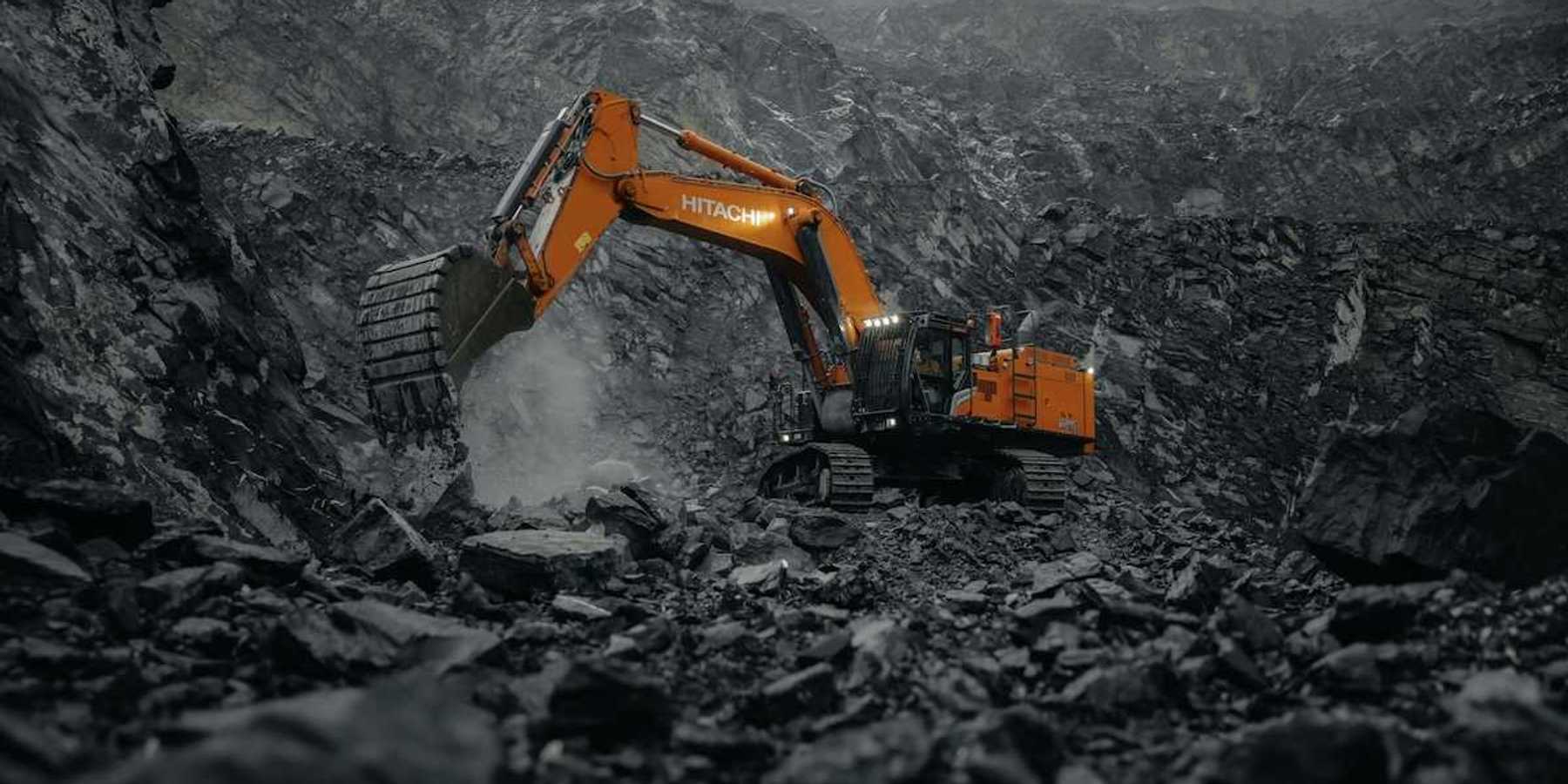06 August 2024
Colorado faces persistent ozone pollution despite climate efforts
A combination of wildfires, climate change and geography contributes to frequent ozone pollution in Colorado's Front Range, causing health concerns despite emission reduction efforts.
Sharon Udasin reports for The Hill.
In short:
- The Denver metropolitan area and Northern Front Range regularly exceed federal ozone standards due to climate change, wildfires and unique geography.
- Ground-level ozone, formed by pollutants reacting with sunlight, poses health risks, especially for those with respiratory issues.
- Efforts to reduce emissions have improved air quality, but wildfires and hotter days challenge further progress.
Key quote:
“We really encourage people to make sure they’re taking all of their cardio-protective medications when the pollution is spiking.”
— Anthony Gerber, director of pulmonary research at National Jewish Health
Why this matters:
Ozone pollution affects respiratory and cardiovascular health, impacting vulnerable populations. As climate change continues, strategies to reduce emissions and adapt to changing conditions are crucial for public health.













